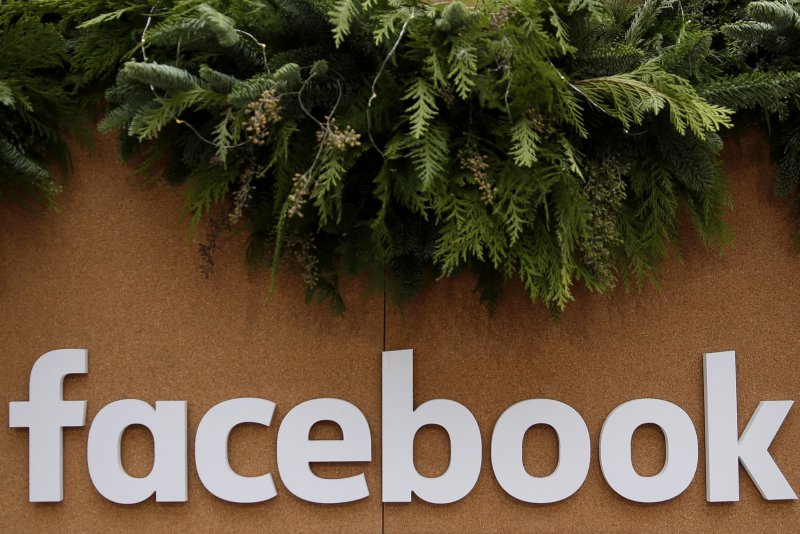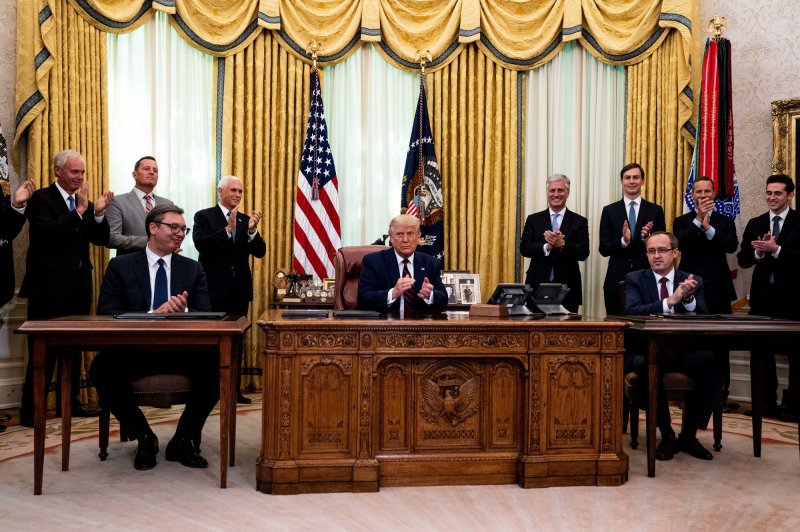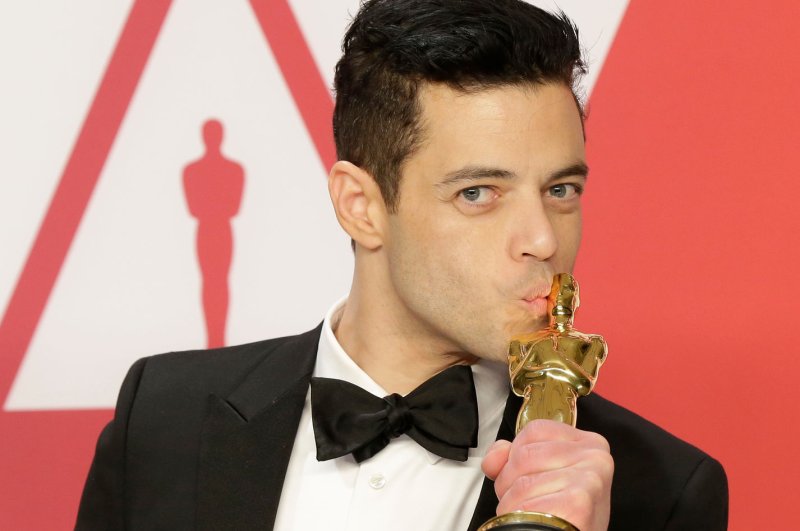
President Joe Biden and Vice President Kamala Harris met with labor leaders to discuss plans for a COVID-19 relief package and improving America's infrastructure. Pool Photo by Pete Marovich/UPI | License Photo
Feb. 17 (UPI) -- President Joe Biden met with labor leaders Wednesday to discuss his economic stimulus and infrastructure plans while also appointing a key labor official and reversing a Trump administration executive order on apprenticeships.
Biden and Vice President Kamala Harris met with leaders including Richard Trumka, president of the American Federation of Labor-Congress of Industrial Organizations; Terry O'Sullivan, president of Laborer's International Union of North America; and Sean McGarvey, president of North America's Building Trades Union; who the president said "have been my friends for a long, long, long time."
"When some of you were in here when I was with the business community, I said I want to make it clear I'm a labor guy and there's no reason why it's inconsistent with businesses growing either," said Biden.

In a readout of the meeting released Wednesday evening, the White House said Biden engaged the leaders about "the importance of ensuring union workers play a key role in building a resilient and sustainable infrastructure that can withstand extreme weather and a changing climate all while creating millions of good paying union jobs in the process."
RELATED Psaki: Biden to ask DOJ about student loan forgiveness authority
In remarks prior to the meeting, Biden said they would also place a focus on improving American infrastructure.
"We are so far behind the curve," he said. "We rank something like 38th in the world in terms of our infrastructure -- everything from canals to highways to airports to -- everything we can do, and we need to do, to make ourselves competitive in the 21st century."
Earlier in the day, the White House announced that Biden had nominated Jennifer Abruzzo to serve as general counsel of the National Labor Relations Board.

Biden also nominated Jennifer Abruzzo to serve as general counsel of the National Labor Relations Board and reversed an executive order signed by President Donald Trump creating industry-recognized apprenticeships. Pool Photo by Pete Marovich/UPI | License Photo
Abruzzo, who currently serves as special counsel for the Communications Workers of America will replace President Donald Trump's appointee Peter Robb, who was dismissed by Biden after he took office.
"A tested and experienced leader, Abruzzo will work to enforce U.S. labor laws that safeguard the rights of workers to join together to improve their wages and working conditions to protect against unfair labor practices," the White House said.
Biden also signed an executive order rescinding a Trump order that established the Industry-Recognized Apprenticeship Program.
Trump signed the order in 2017 permitting industry groups to create their own apprenticeship programs and submit them to the Department of Labor for review and funding.
"Industry-recognized apprenticeship programs have fewer quality standards than registered apprenticeship programs," the White House said in a statement.















